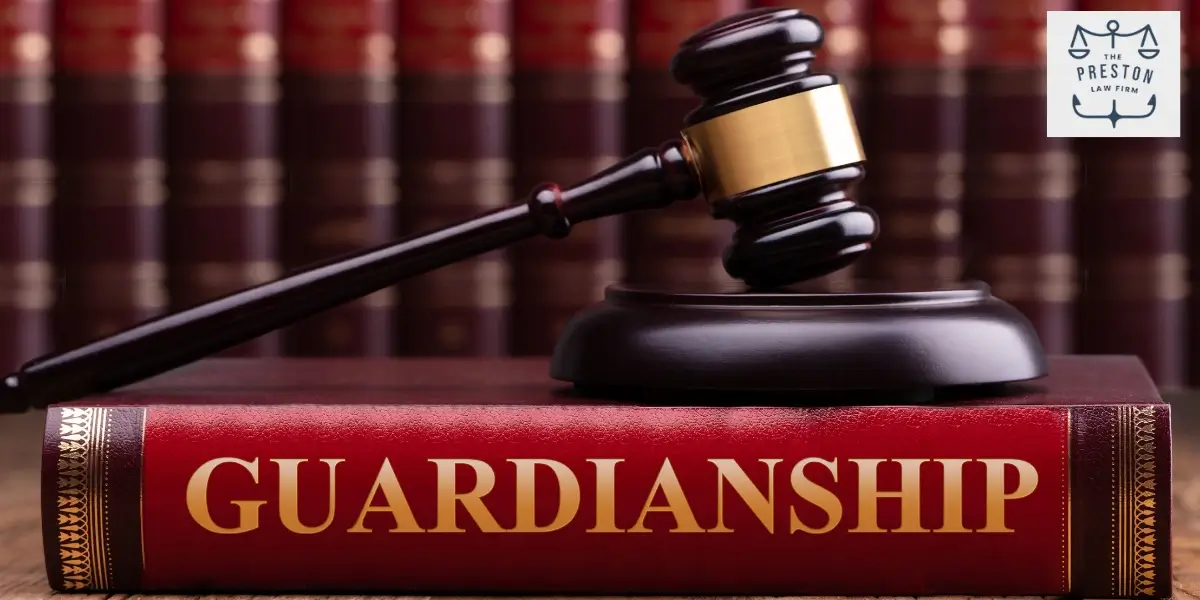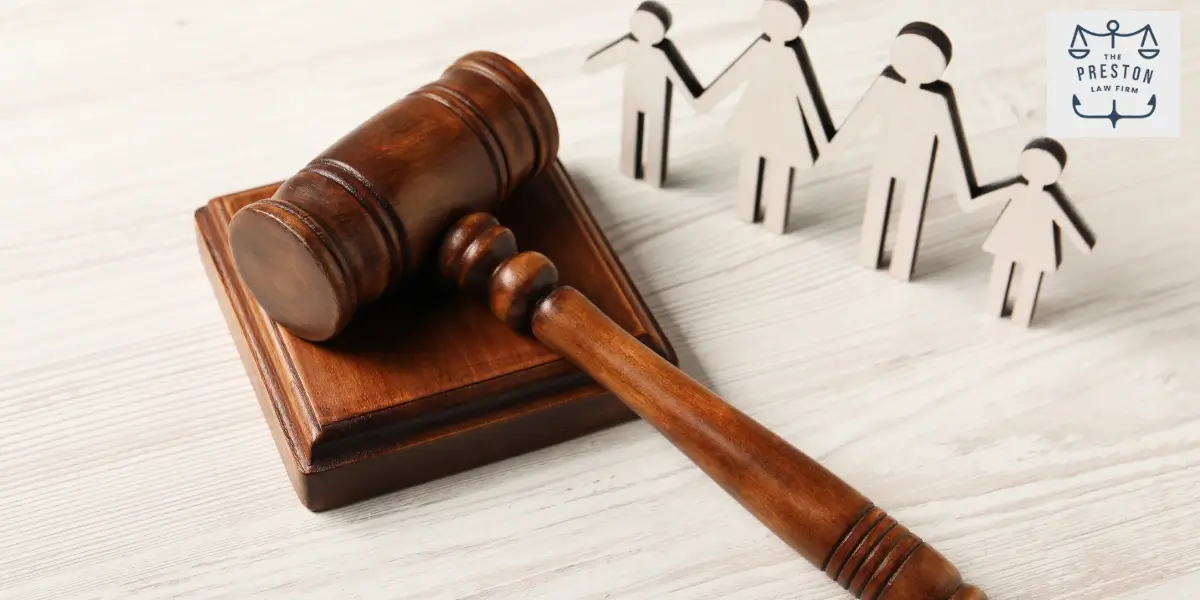Yes, you need an attorney to file for guardianship in Florida, as they can help you argue your case and protect your and your ward’s legal rights. Filing a petition for a guardianship may not require an attorney, although it is required by state law for most guardians to have legal representation, which could include the filing process. Regardless, having legal support when filing a petition can make the process less stressful and more efficient.
Edgewater Guardianship Lawyer
Edgewater Guardianship Attorney
When a loved one can no longer make decisions due to age, illness, or disability, guardianship may be necessary to ensure their care and safety. This legal process places someone else in charge of certain decisions. Guardianship may also be necessary when an individual does not have any estate planning protections ready and has a physical or mental impairment due to disability or age. An Edgewater guardianship lawyer can help represent any involved parties.

Experienced Guardianship Lawyer in Edgewater
Legal support is essential in these delicate situations. Guardianship is a significant responsibility that must prioritize the ward’s best interests while preserving as much of their independence as possible. A careful balance is needed to ensure their safety and care without unnecessary restrictions. Working with a compassionate and experienced attorney helps protect the rights and interests of everyone involved.
The attorneys at The Preston Law Firm understand the guardianship matters are deeply personal and often emotionally challenging. With over 35 years of experience, we provide compassionate and skilled legal guidance to help you care for your loved one or safeguard your own interests under the care of a guardianship.
Guardianships come in several forms, each with specific functions and responsibilities. We will walk you through these options, ensuring you make informed decisions that best serve your family’s unique needs.
Navigating the legal system can feel overwhelming, but our team’s in-depth knowledge of guardianship law ensures you have the support and clarity needed to move forward with confidence.
Understanding Guardianships
Guardianships provide legal solutions for individuals who cannot make decisions for themselves, including minors without legal guardians and adults who are incapacitated or disabled. For minors, guardianship remains in place until they turn 18. For adults, the goal is to protect vulnerable individuals from exploitation, such as fraud or undue influence, while ensuring their needs are met.
The court determines whether guardianship is necessary by evaluating the individual’s capacity to manage their affairs. If guardianship is required, the court appoints a suitable guardian—often a family member or trusted professional—who is legally and ethically obligated to act in the ward’s best interests. The court continues to oversee the guardianship to ensure these responsibilities are upheld.
Guardianships become necessary when no prior legal documents, such as powers of attorney, living wills, or designated health care surrogates, were established while the individual was competent. Depending on the type of guardianship, the guardian may handle medical, financial, or legal decisions on behalf of the ward.


The Preston Law Firm
Experience the Difference. Choose an Estate Planning Law
Firm Dedicated to You and Your Family.
Types of Guardianships
In Florida, the goal of guardianship is to protect a vulnerable individual while limiting restrictions on their rights as much as possible. Guardians are only granted the specific authority necessary to ensure the ward’s safety and well-being, allowing the ward to retain any rights they are capable of exercising. Achieving this careful balance is more likely when both the guardian and the ward have experienced legal representation.
There are several types of guardianships in Edgewater, Florida, each providing different levels of authority and responsibilities:
- Plenary guardianship. Grants the guardian full authority over the ward’s person and property. This includes decisions about medical care, living arrangements, finances, and other aspects of the ward’s life. It is only allowed when the court determines the ward cannot make any decisions for themselves.
- Limited guardianship. Assigns the guardian specific powers while allowing the ward to retain as much independence as possible. The court evaluates which decisions the guardian will oversee and which the ward can manage.
- Guardianship of the person. A type of limited guardianship where the guardian makes personal decisions for the ward, such as living arrangements, healthcare choices, and daily care needs.
- Guardianship of the property. A type of limited guardianship that gives the guardian authority over financial matters, including managing assets, paying bills, and overseeing property-related decisions.
- Emergency guardianship. A temporary guardianship appointed when the ward faces immediate danger, such as financial exploitation, neglect, or risks to their health and safety. It allows swift action to protect the ward until a permanent solution is established.
Florida also has guardian advocacy, which allows guardian-like assistance for individuals with developmental disabilities while ensuring the individuals themselves are involved in the process and their rights are protected.
When you are considering the types of guardianships, either as a potential guardian or a potential ward, the support of an attorney is crucial to review the options and how they may benefit you in your unique circumstances.
The Guardianship Process
The first step is to discuss the possibility of a guardianship with an attorney. They can help you review your unique situation, whether you are hoping to be a guardian or a ward and decide what guardianship is right for your circumstances. Then, your attorney can help you file the petition for the relevant guardianship.
The court will then assess ward’s capacity by appointing three court-approved examiners to conduct an evaluation. Based on their findings, the court may determine that the ward is fully incapacitated and requires a complete guardianship. Alternatively, the court may decide that only a limited guardianship is necessary if the individual can retain some decision-making abilities.
Finally, the court will appoint a guardian once the need for guardianship is confirmed. This may be a spouse, parent, sibling, or adult child who meets the legal requirements to serve. However, the guardian’s responsibilities do not end after appointment. They are required to provide ongoing documentation to the court to demonstrate proper management of the guardianship.
Why Do I Need a Guardianship Lawyer to File for a Guardianship?
Guardianship is a specific and unique part of law that requires knowledgeable and experienced legal support. Guardians have specific legal responsibilities and must act in the ward’s best interests while ensuring the ward understands their rights and entitlements whenever possible.
Guardianships can be difficult to navigate properly if you are unaware of the state’s laws about the process. An attorney is crucial to avoid missteps and protect the rights and needs of all parties.

FAQs:
Get Qualified Legal Support at The Preston Law Firm
Guardianships can be challenging for families, as they must balance a loved one’s legal rights, personal interests, and overall well-being. When you are in need of compassionate and exceptional legal support, contact The Preston Law Firm.
THE PRESTON LAW FIRM
If you find yourself in this or another similar situation, the Preston Law Firm has the knowledge and experience to assist you. Timing is critical, CLICK HERE to contact us today.


